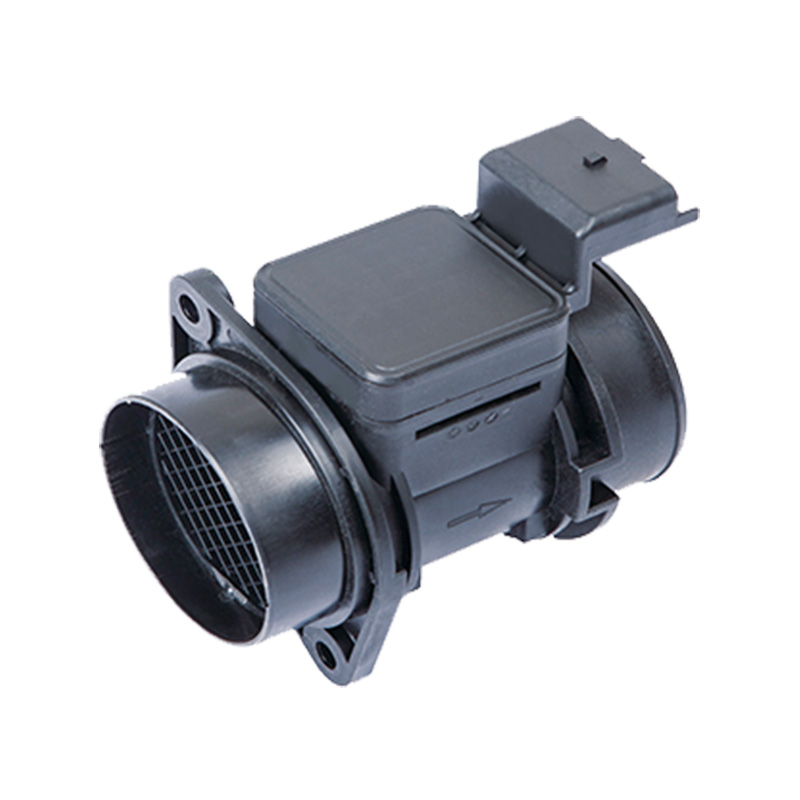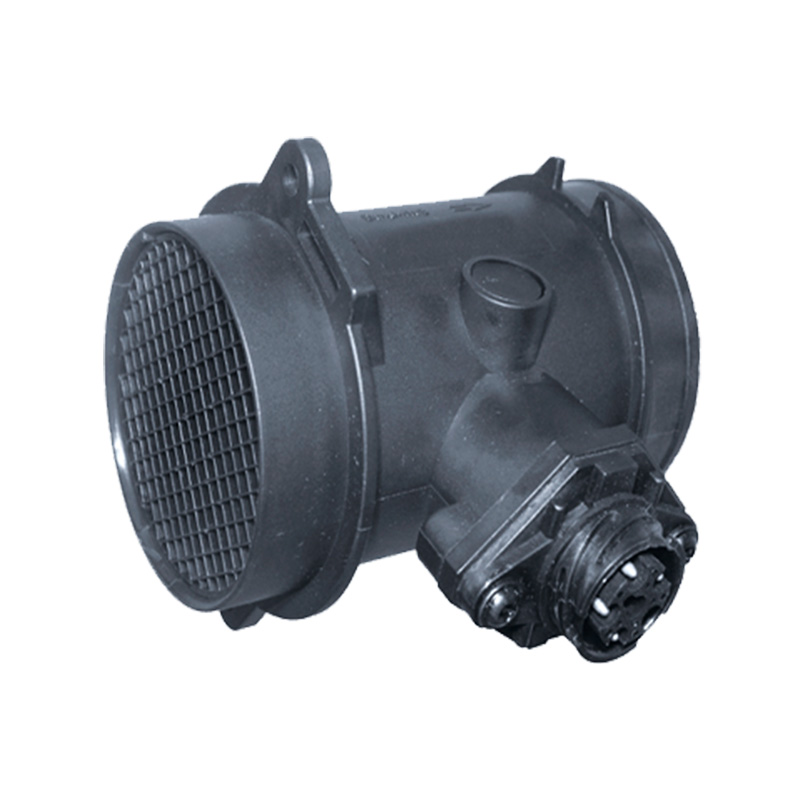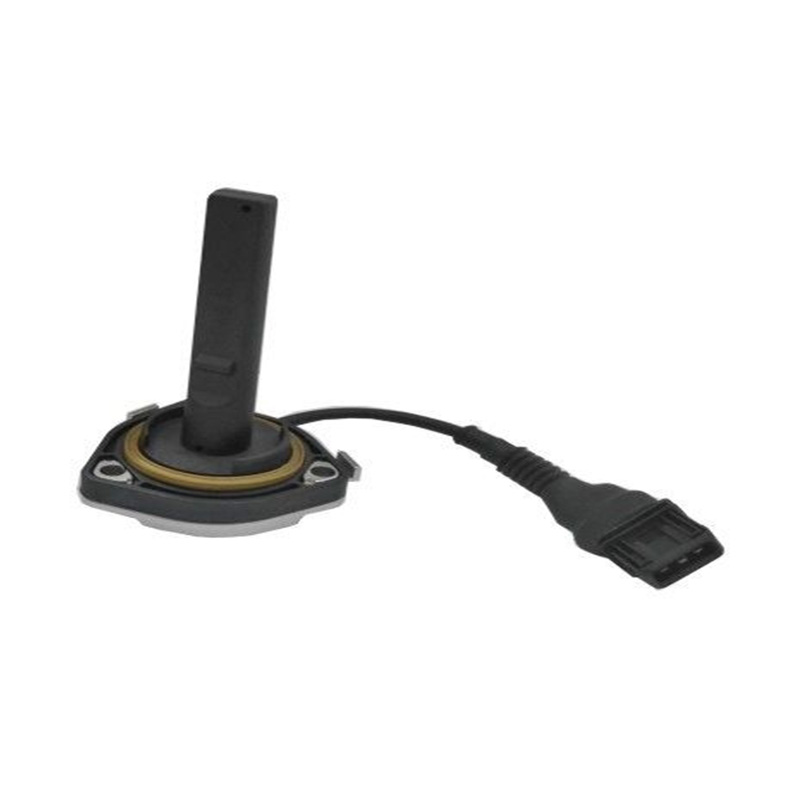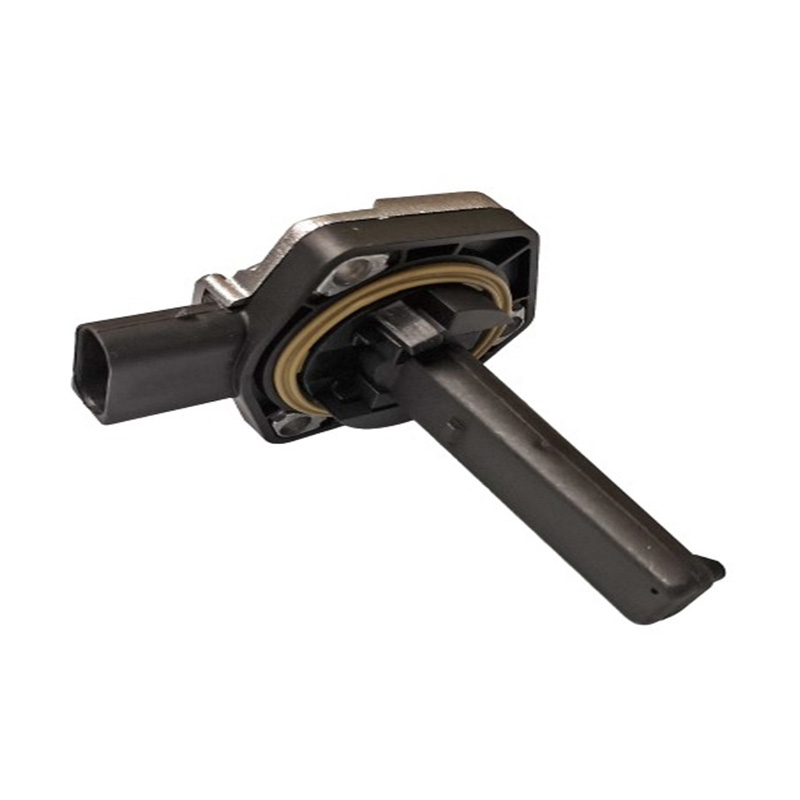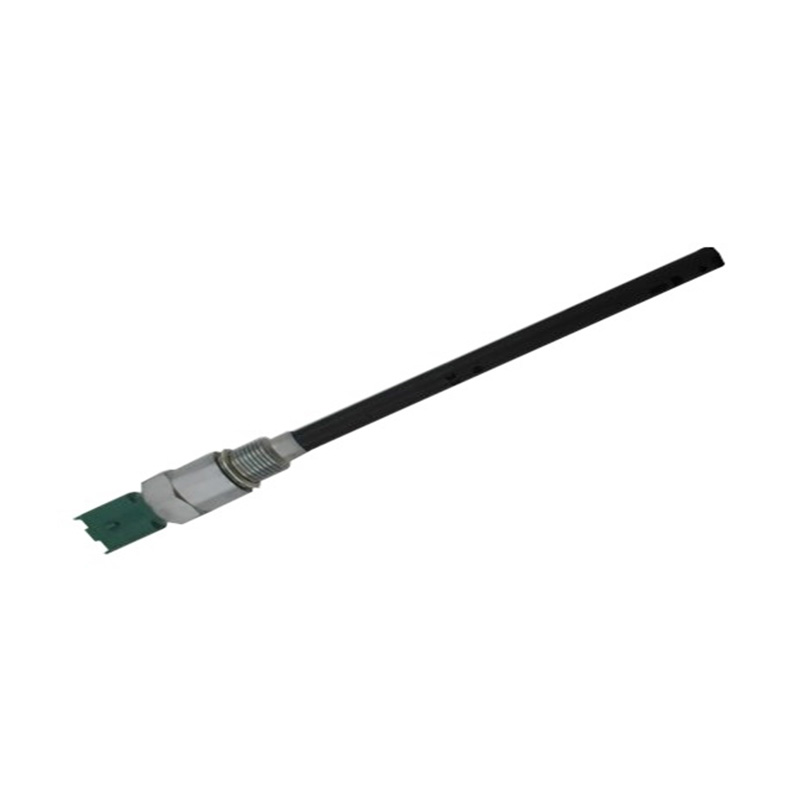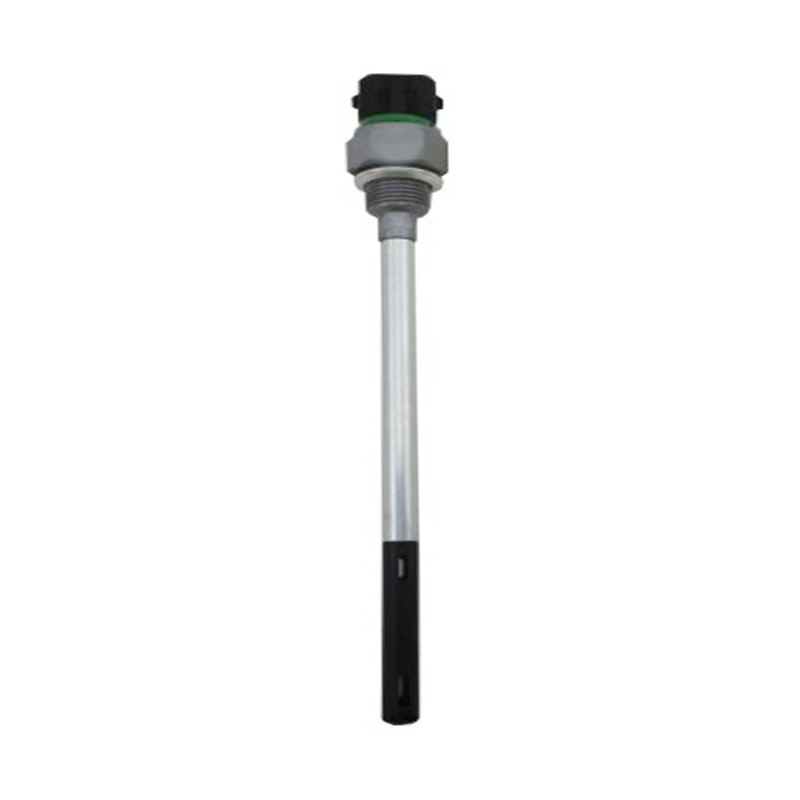OEM.NO: 5WK9631 5WK9631Z
See DetailsThe key role of oil level detector in mechanical system fault diagnosis
OEM oil level detector maker in China
Oil level detector plays a vital role in modern mechanical systems, it can not only monitor the oil level of lubricating oil or hydraulic oil, but also as an important tool for early fault diagnosis. Accurate monitoring of the oil level is essential to maintain the efficient operation of the mechanical system. Abnormal oil levels often indicate underlying problems, such as oil leakage or rapid consumption, which can result in mechanical damage or even operational failure if not detected and addressed in time.
The oil level detector monitors the oil level in real time through various sensing technologies such as float mechanism, capacitive or ultrasonic, and feeds the data back to the operator or control system. In the automotive sector, for example, an accurate oil level detector can warn the driver of low oil levels in time to prevent serious damage to the engine due to a lack of oil. In industrial applications, continuous monitoring of the oil level ensures that the hydraulic system has enough oil to operate effectively, while identifying any abnormal consumption rates that may indicate leakage or evaporation.
When the oil level detector shows a sudden drop in the oil level, this is usually a clear indication of a leak. Spills not only waste oil, but can also cause environmental pollution problems, especially when harmful types of oil are involved. With daily oil level monitoring, even small leaks can be quickly detected and dealt with, avoiding greater repair costs and downtime.
If the oil level drop is not due to leakage, it may be due to excessive oil consumption, which may be due to some failure within the system, such as poor sealing, loss of compressibility, or excessive aging of the oil. If these problems are not solved, they may result in a reduction in mechanical efficiency and may cause serious mechanical damage in the long run. Oil level detectors can be used as part of preventive maintenance to provide early warning of these problems, allowing remedial action to be taken before larger failures and costly repairs occur.
Furthermore, oil level detectors combined with computerized maintenance management systems can provide historical data and trend analysis to predict future oil demand and optimize oil replacement cycles for lubrication or hydraulic systems. This predictive maintenance strategy can reduce unnecessary maintenance work, extend machine life, and reduce overall operating costs.
The correct selection and deployment of an oil level detector is critical to its effectiveness. Choosing the right oil level detector takes into account the specific needs of the mechanical system, including the type of oil, the operating environment, and the required monitoring accuracy. After installation, the oil level detector should be calibrated and maintained regularly to ensure continued accuracy and reliability.
In summary, oil level detectors are a fundamental component of mechanical system health monitoring, providing a simple and effective way to detect and correct potential problems. With timely oil level monitoring, companies can reduce downtime, extend equipment life, reduce maintenance costs, and ultimately increase productivity.
